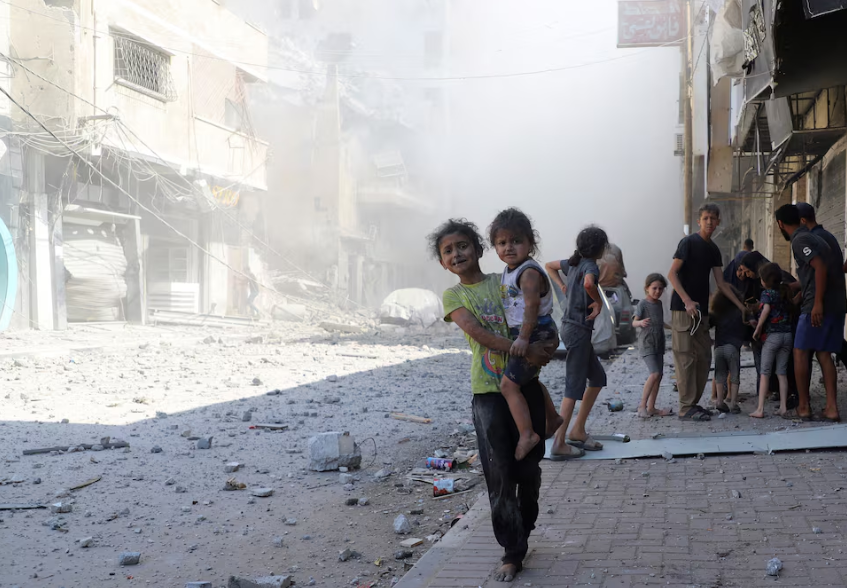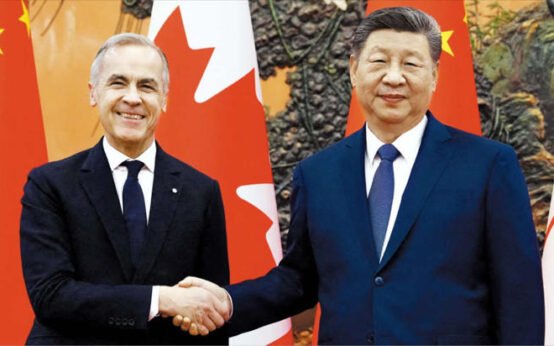U.S. President Donald Trump offered a ceasefire deal for Gaza. This put forward an idea that Hamas release Israeli hostages in exchange for Palestinian prisoners. It also suggested Israel might withdraw troops in stages, end Hamas’s rule in Gaza, and pledge not to annex territory or displace Palestinians living there. But Hamas responded by saying: we haven’t seen any plan. The group says nobody from the U.S. has formally given them a written copy or detailed outline.
Why Hamas Rejects Current Information as Insufficient
Hamas worries that what’s reported in the press does not match what’s been communicated to them. The group says the leaked terms look one-sided, especially around who controls Gaza afterward and whether civilians will face displacement. They insist fairness demands transparency, trust, and guarantees that any proposal will respect Palestinian rights. Until they see all the terms clearly, they say they cannot accept or negotiate.

Meanwhile, conditions in Gaza City worsen. Israel has intensified its military assault, including hundreds of airstrikes and ground operations. Many civilians fled their homes. Hospitals and medical clinics struggle to stay open. Some aid and nutrition centers shut down or can’t operate safely.
What Hamas Demands Before Even Considering the Plan
Hamas tells mediators that it needs written, detailed proposals showing that any agreement will include full information on hostages who, when, under what conditions, fixed timelines for Palestinian prisoners, clear security arrangements, guarantees against displacement, and post-war governance structure.
They also want credible international assurances so that promises are enforceable. Without these, they say, the proposal remains speculative.

Delay promises erode trust. For many in Gaza, every hour counts: people need food, medical care, shelter. When agreements seem imminent but lack substance, skepticism grows. If Hamas or the people of Gaza accept something they believe could harm civilians or fail to deliver justice, the consequences could deepen suffering. The group argues that agreements built on rumors or media leaks risk being used against them.
Negotiations and Humanitarian Imperative
To move forward, all sides must engage more openly. The U.S. must present its full proposal directly to Hamas, ideally via mediators both sides trust. Israel, regional actors, and international bodies could push for clarity and offer verification mechanisms.
Urgent humanitarian assistance must expand: hospitals, food supplies, health services need safe corridors. Peace talks without relief for civilians risk collapse.


 Canada and China reset strategic partnership under Trump pressures
Canada and China reset strategic partnership under Trump pressures  Trump Aggressive Push to Oust Maduro: Drugs, Gangs, Oil, and Geopolitical Dominance
Trump Aggressive Push to Oust Maduro: Drugs, Gangs, Oil, and Geopolitical Dominance  Trump Faces Backlash as Canadian Tourism to US Plummets in 2025
Trump Faces Backlash as Canadian Tourism to US Plummets in 2025  Trump ‘Patriot Games’ Announcement Sparks Widespread Dystopian Parallels to ‘The Hunger Games’
Trump ‘Patriot Games’ Announcement Sparks Widespread Dystopian Parallels to ‘The Hunger Games’  Trump Travelled on at Least 8 Epstein Flights, Over 11,000 New Files Released
Trump Travelled on at Least 8 Epstein Flights, Over 11,000 New Files Released  Donald Trump Sues BBC for Billions Over Allegedly Edited January 6 Speech
Donald Trump Sues BBC for Billions Over Allegedly Edited January 6 Speech